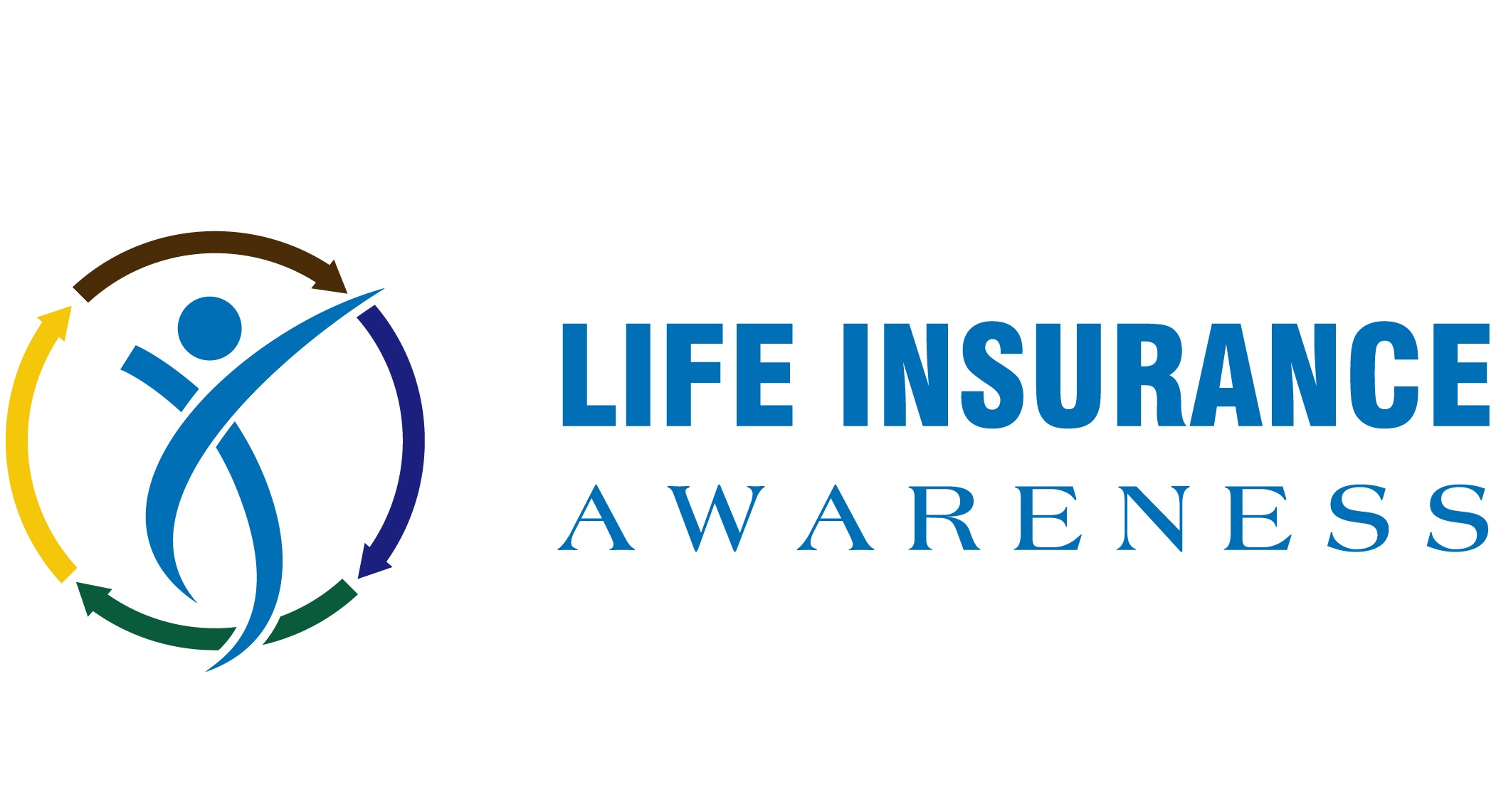Breast cancer is the most common
cancer diagnosed in women in the United States. It is also the second leading
cause of cancer death in women, after lung cancer. According to the American
Cancer Society, about 1 in 8 women in the US will develop breast cancer in
their lifetime.
In 2014, there were an estimated
232,670 new cases of breast cancer and 40,000 deaths from the disease. While
the death rate from breast cancer has been declining since 1989, due largely to
advances in early detection and treatment, it is still the second leading cause
of cancer death in women.
"Lorem ipsum dolor sit amet, consectetur adipiscing elit, sed do eiusmod tempor incididunt ut labore et dolore magna aliqua. Ut enim ad minim veniam, quis nostrud exercitation ullamco laboris nisi ut aliquip ex ea commodo consequat. Duis aute irure dolor in reprehenderit in voluptate velit esse cillum dolore eu fugiat nulla pariatur."
Life insurance provides financial coverage to beneficiaries in the event of the policyholder's death. It offers peace of mind, stability and can also accumulate cash value over time.


Insurance calculator tool helps estimate insurance cost, compare policies, and provide an estimate based on factors such as age and coverage amount.


Finding coverage refers to choosing an insurance policy that meets your needs and budget by comparing policies, evaluating benefits, and premiums.

Life insurance can bring peace of mind and ensure that your loved ones will be provided for financially after your passing. This could be a spouse, children, disabled relatives, elderly parents, or anybody else who depends on your income to survive.
Term Life Insurance is also known as temporary life insurance because coverage lasts for a set period of time. Depending on the legislation, this period, known as the term, can extend anywhere from 10 to 30 years or to a particular age. The premiums are level, which means they will not fluctuate during the insurance period. But insurance premiums also increase with age.
Permanent Life Policies generally provide lifelong coverage and the opportunity to build cash value, which accumulates on a tax-deferred basis. You can access into the policy’s cash value while you’re alive. The coverage length, cash value and policy charges are why permanent life insurance is more expensive than term life. You can receive the cash value of the account if you cancel or surrender the policy at any time, but you may be required to pay a surrender fee, if applicable.
The most useful way to answer the question of whether you, specifically, need life insurance is with another question:
Would your death financially impact the people in your life? If the answer is yes, then you should consider life insurance.
There is no one-size-fits-all solution, but there are several ways you can estimate the amount of coverage you need.
Dear friends,Learn More
As someone who has felt the pain of losing a loved one, I understand the importance of preparing for the future and protecting those we hold dear. That's why I have dedicated my life to spreading awareness about the benefits of life insurance and peace of mind it can bring.
I founded our life insurance awareness non-profit organization with the goal of educating individuals and families about the importance of life insurance which it can help to secure their financial future. Our mission is to help people understand that life insurance is not just about protecting against financial loss, but also about preserving a legacy and showing love and care for those we leave behind.
Every day, I am touched by the stories of individuals and families who have benefited from life insurance and the peace of mind it has brought them. I am grateful for the opportunity to make a positive impact on the world and help people prepare for the future. Together, let us spread the message of life insurance awareness and make a difference in the lives of those we love.
Sincerely,
NN
If you have young children, you need life
insurance in case you die so that your children will be taken care of
financially.
Learn more
If you are single, you may not think you need
life insurance. But if you have any debts or other financial obligations, life
insurance can help your loved ones to pay off those debts if you die.
Learn more
Seniors are often surprised to learn that they
still need life insurance. If you have a mortgage or other debts, life
insurance can help your loved ones to pay off those debts if you die.
Learn more
If you own a business, you need life insurance
to protect your loved ones in case you die.
Learn more
If you work for a company, you may think that
your employer's life insurance policy will take care of your loved ones if you
die.
Learn more
Stay-at-home spouses provide a valuable service
to their families. If something happens to the stay-at-home spouse, the family
would have to pay someone to replace them.
Learn more
Answer a few simple questions to estimate the amount of life insurance coverage you need to take care of your family.This is an estimate only. For a complete assessment, contact a qualified insurance professional.
Insurance Barometer Study conducted by the Life Insurance and Market Research Association (LIMRA), about 64% of American households have some form of life insurance coverage. The study found that term life insurance is the most common type of coverage, with 44% of households owning a term life policy. Whole life insurance is the second most common, with 21% of households owning a policy. The study also found that younger Americans are less likely to have life insurance coverage, with only 49% of households headed by someone under the age of 35 owning a policy. The study also found that a lack of understanding of life insurance and concerns about affordability are the primary reasons why many Americans do not have coverage.
Learn MoreI never really thought much about life
insurance until my husband was diagnosed with a serious illness. Suddenly, the
thought of losing him and the financial burden it would place on our family was
at the forefront of my mind. That's when we decided to sit down and seriously
consider our life insurance options.
We worked with a financial advisor to
assess our needs and determine the right amount of coverage for our family. In
the end, we decided on a policy that would cover our mortgage, outstanding
debts, and our children's education expenses. We also included long-term care
coverage, as my husband's illness made it likely that he would need additional
care in the future.
Having life insurance has given us a sense
of peace of mind knowing that our family would be financially protected in the
event of my husband's death. It has also allowed us to focus on his health and
well-being without the added stress of worrying about our financial future.
I am grateful that we took the time to
consider our life insurance options and make a plan for our family's financial
security. It may not be the most pleasant thing to think about, but it is
something that I am glad we have in place.
As
I approach retirement age, I have been thinking more and more about my
financial future and how to ensure that I am able to maintain my standard of
living in my golden years. One important consideration for me has been the role
of life insurance in my retirement planning.
I have a term life insurance policy that I purchased several years ago,
and as I near retirement, I am considering converting it to a permanent policy.
This will not only provide financial protection for my loved ones in the event
of my death, but it can also be used as a source of income during my
retirement.
I have also been exploring the option of using my life insurance policy
as a way to leave a financial legacy for my children and grandchildren. By
using a life insurance policy to fund a trust or charitable donation, I can
ensure that my loved ones are taken care of financially even after I am gone.
Overall,
I have come to realize the important role that life insurance can play in my
retirement planning. It provides not only financial protection for my loved
ones, but also peace of mind and the opportunity to leave a lasting impact on
future generations.
As
a busy working parent, I never seem to have enough hours in the day to get
everything done. That's why when it comes to my financial planning, I
appreciate the flexibility and adaptability of life insurance.
When I first purchased my life insurance policy, my children were young
and my primary financial concern was ensuring that they would be taken care of
in the event of my death. Now that my children are grown and financially
independent, my priorities have shifted. I still have my life insurance policy,
but I have made changes to the policy to reflect my changing needs.
For example, I have decreased the amount of coverage on my policy, as my
children are no longer financially dependent on me. I have also added long-term
care coverage to my policy, as I am now more concerned about the potential
costs of my own healthcare in the future.
I
have found that my life insurance policy is very adaptable to my changing needs
and circumstances. It has provided me with the financial protection and peace
of mind that I need at every stage of life.
created with
Free Website Builder .